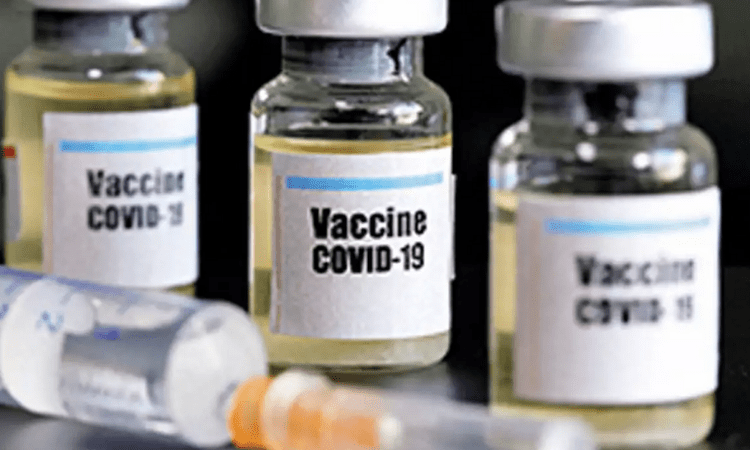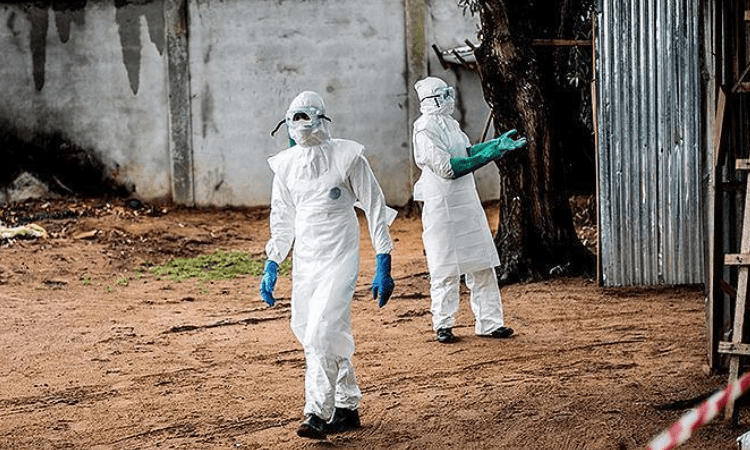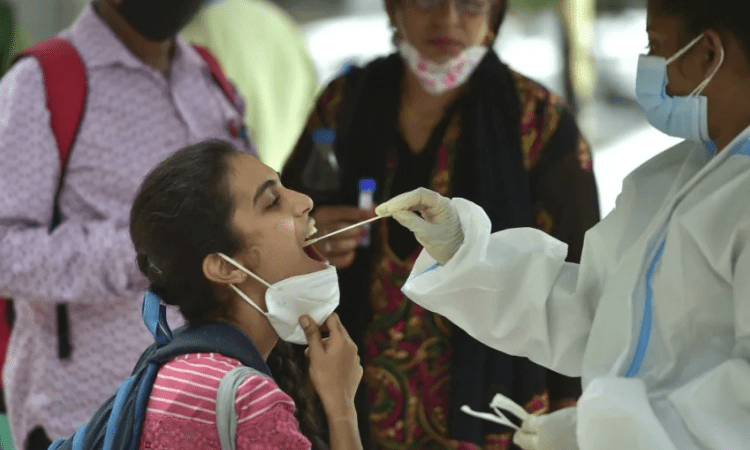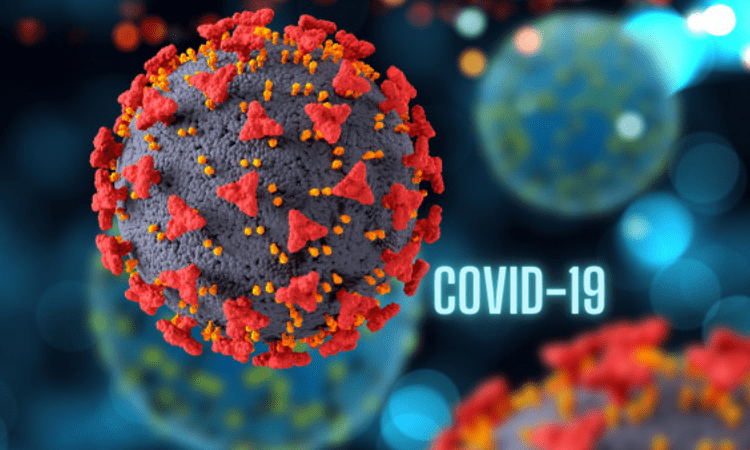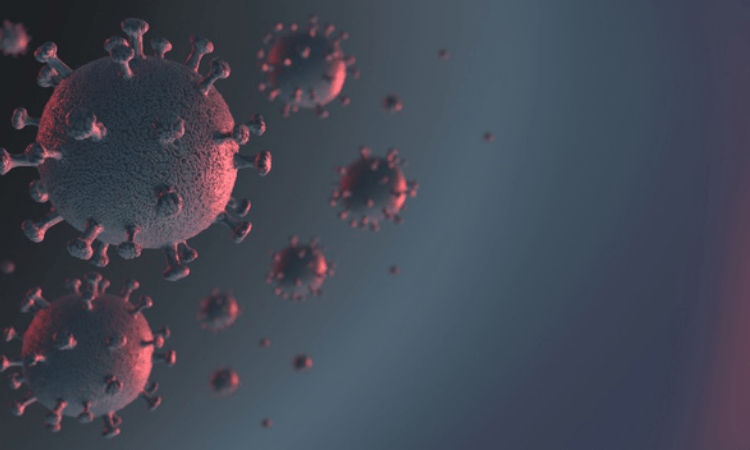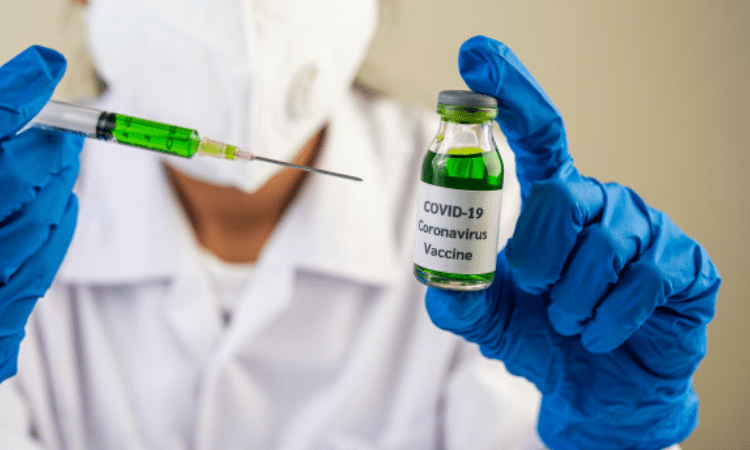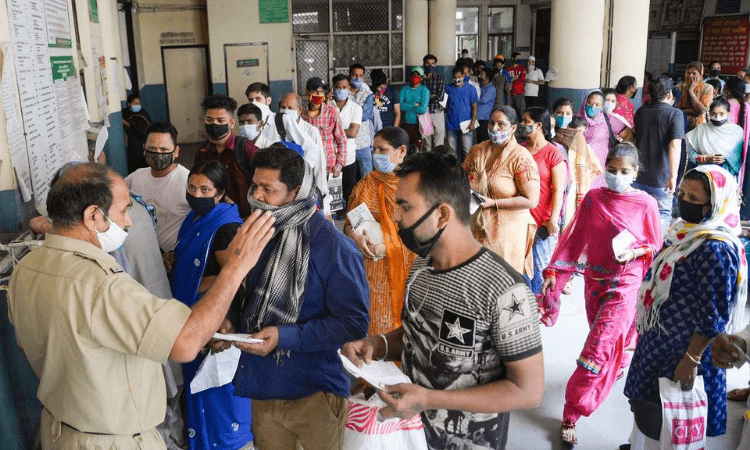The Lucknow administration now plans to increase the number of vaccinations form the present 20,000 -25,000 to 40,000 doses a day.
For this, the number of vaccination camps are being increased and special camps will be set up at schools, colleges, universities, government and private offices, banks, religious places and residential societies.
District Magistrate Abhishek Prakash said that in order to achieve the target, the number of vaccination centres will be increased.
Vaccination camps will also be held in various high-rise apartments with the help of resident welfare associations.
Special focus will be in areas where vaccination rate has been found to be low.
Chief Medical Officer Dr Manoj Agrawal said, “The directions issued by the District Magistrate will most likely be implemented from Friday after preparing a comprehensive plan. The camps will be set up in a phased manner for the targeted population of a locality. For instance, the camp at the Madhyanchal Vidyut Vitran Nigam will be for the staff and families of the electricity department.”
While over 27,000 people were vaccinated in Lucknow on Wednesday, no case of Covid was recorded for the second time this week.


